Table of Contents
Virtual HealthCare Meet-Up @ GeekyAnts, October 2022
Author

Date

Book a call
As part of this session, we discussed how healthcare analytics and HIPAA compliance can improve patient care and how technology can assist in shaping the healthcare industry.
In this article, we have put together the key talking points from each speaker and their presentations.
Keynote On Healthcare In India

Speaker: Pramada Sahu, VP of Growth & Business Partnership, GeekyAnts
COVID-19 has made us rethink our current healthcare system and its efficacy.
After a challenging few years, the objective must be to make healthcare a priority and accessible to people from all walks of life.
Telehealth or telemedicine applications have been a welcome addition to the objective above. The purpose of the digital healthcare card, which the government is promoting, is to try to make healthcare efficient and really easy to get.
Companies must be exceedingly careful about data privacy and confidentiality, while accessing people's healthcare records, to make for a secure and inclusive healthcare ecosystem.
Improving Patient Care With Healthcare Analytics
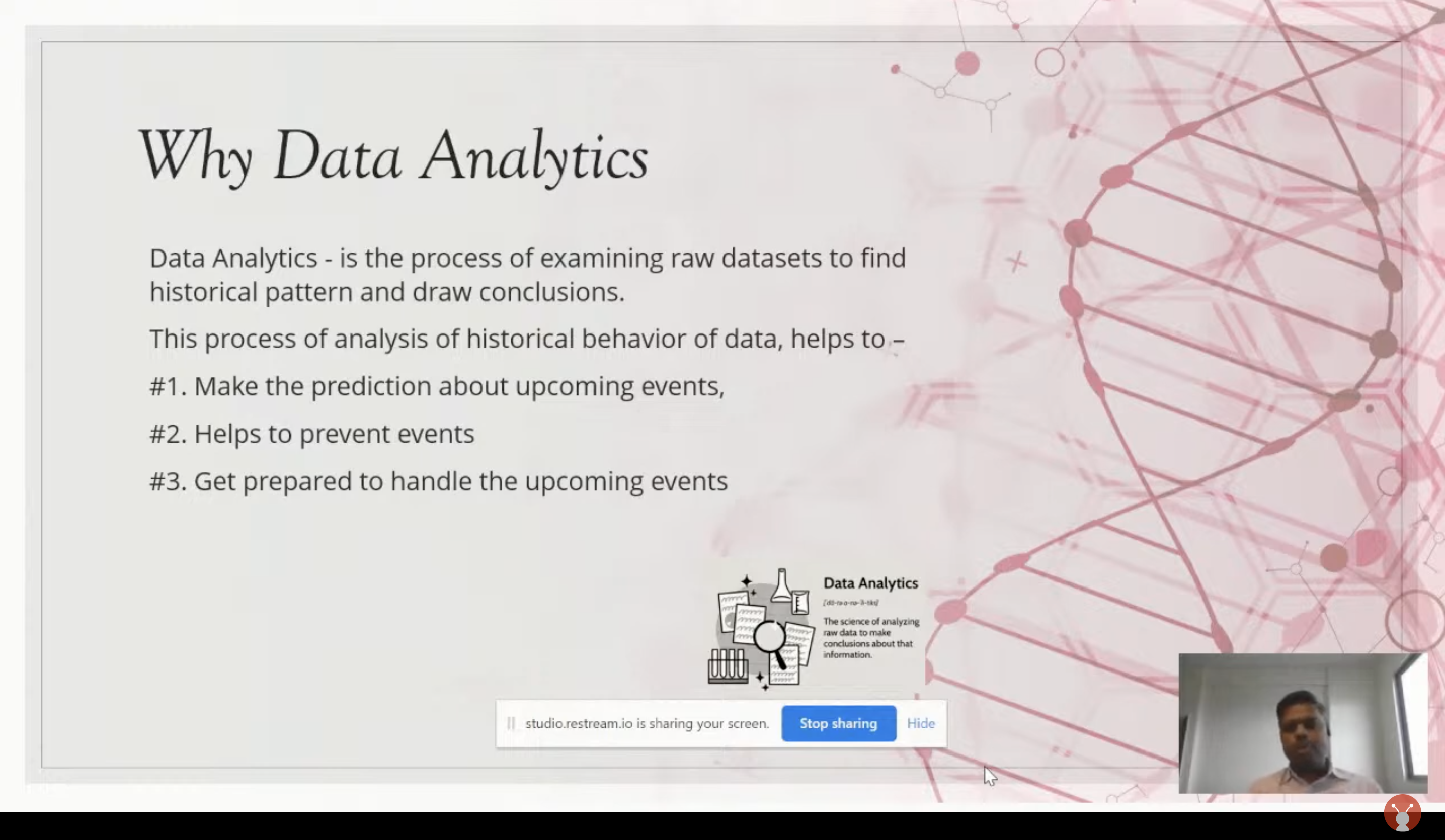
Speaker: Amit Jain, Solution Architect, GeekyAnts
Data analytics is studying raw statistics to find historical trends and draw conclusions. This strategy assists in the forecast of future events as well as the execution of critical tasks.
On the other hand, healthcare data is any individual's health information gathered through healthcare information technology and other agents (such as insurance companies) to assess people's health. For storing such enormous and valuable data, cloud computing comes in handy.
Healthcare analytics examines the information maintained on these cloud platforms in order to provide better treatment to patients, and it utilizes predictive modeling to provide preventative measures in the face of unplanned events.
Having consolidated healthcare datasets that can exploit crucial information at critical junctures bodes well for better healthcare and treatment, especially when prescriptive and predictive analytics may lead to precise information on cost savings, patient risks, and other logistical benefits.
The relevance of big data in healthcare analytics will only grow with the arrival of technologies such as AI and ML. Wearable devices, for example, will help healthcare providers better fulfill the needs of their patients.
What’s HIPAA & How Do We Implement It
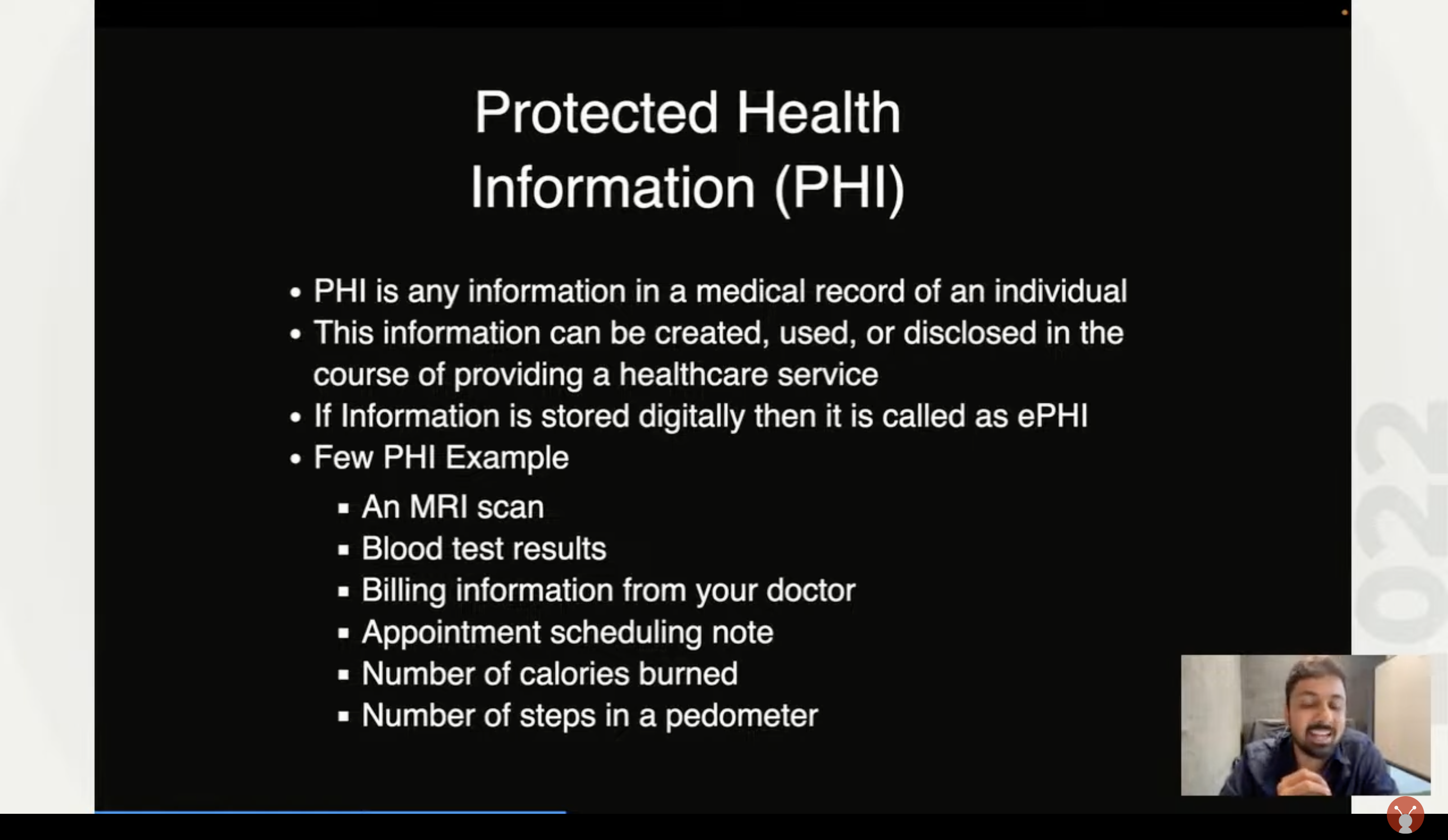
Speaker: Gaurav Porwal, Associate Director of Engineering, GeekyAnts
HIPAA stands for Health Insurance Portability & Accountability Act. This federal law establishes data privacy and security standards for organizations.
It primarily serves two purposes:-
- Secures personal health information.
- Establishes standards for the electronic transmission of health information
HIPAA has had significant effects, some of which include:
- Reduced healthcare fraud and abuse.
- Enhanced security of health information.
- Simplified billing and other transactions.
HIPAA is applied in accordance with the complexity of the application offered by a company. It can be divided into 3 tiers:
Tier- 1
This contains all static websites, and the data seen on these websites is often complaint and onboarding forms, with no information kept on the organization's servers. e.g: - Hospital internet sites
Tier-2
Tier2 HIPAA compliant websites store sensitive client information but must also implement firewalls and SSL certificates to protect their network from cyber threats. e.g: - AWS
Tier-3
This tier allows patients' information to be stored, retrieved, and edited on the internet at any time and from any location. For the website to be tier3 compliant, authorization checks and disaster recovery methods must be installed. Apps for online telemedicine, for example
Here is a list of criteria that will allow firms to create HIPAA-compliant apps.
Identification (With the help of UUID and role-based data access) - Security Verification (Using lock screen or 2FA)
- Hosting Norms (Using a fully encrypted database and fully managed firewall)
- Disaster Recovery (Using alert logging and push notifications)
For your convenience, below is a list of AWS HIPAA Eligible Services.
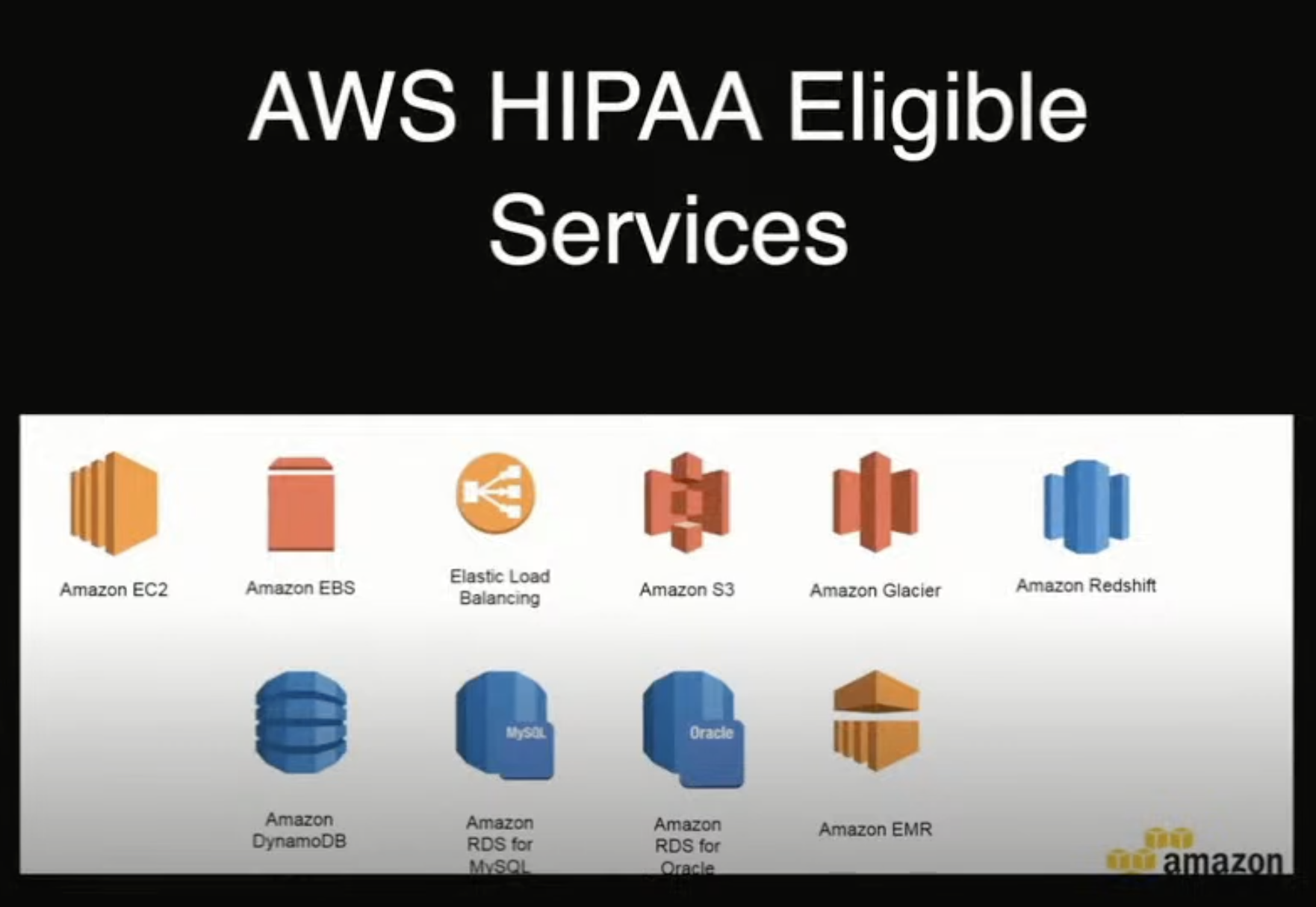
Importance Of Data Visualization In Healthcare
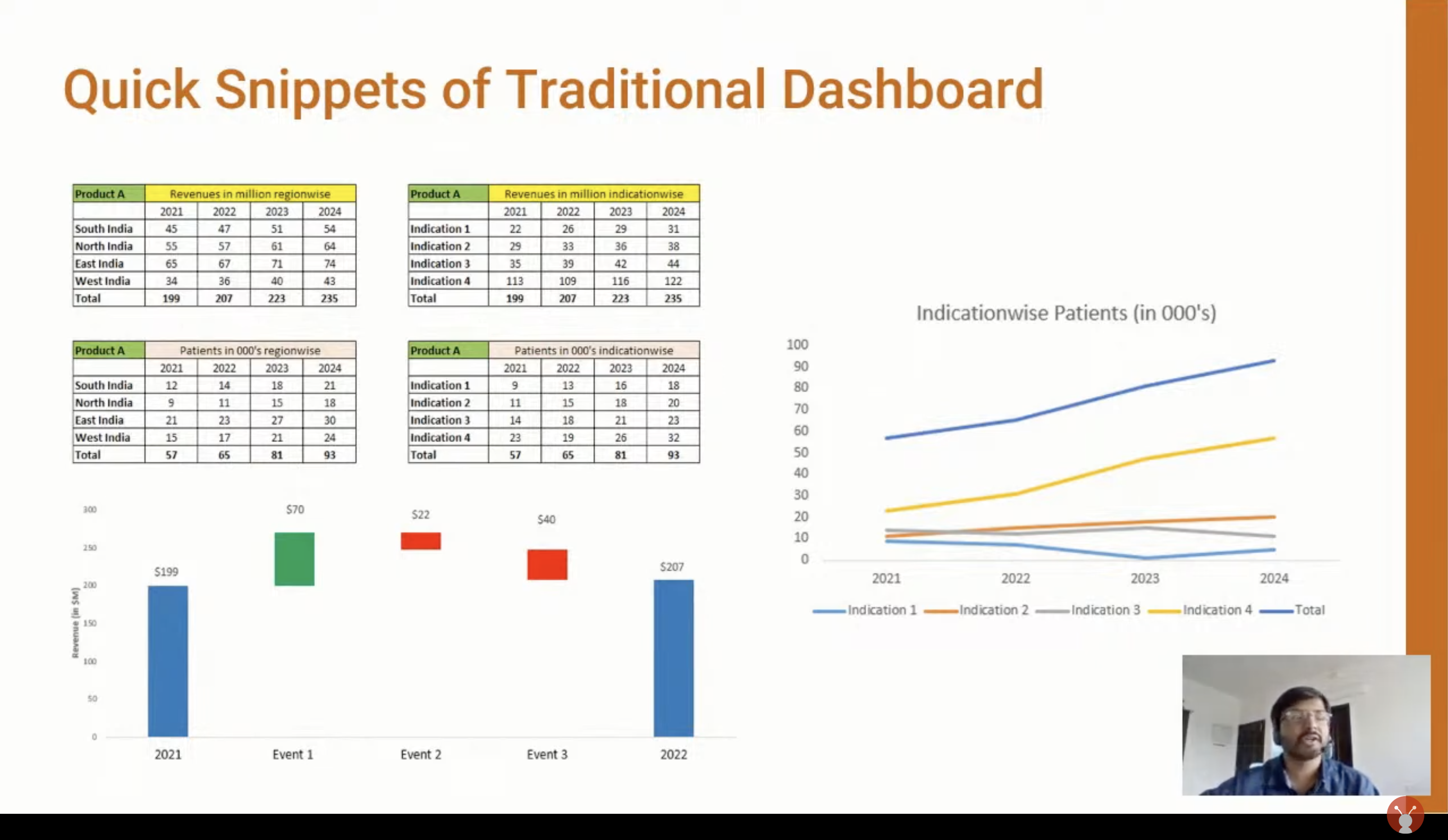
Speaker: Shubham Palaskar, Senior Analyst, PharmaACE
Data visualization is the graphical depiction of data and information using technologies such as Excel, Tableau, and PowerBI.
It allows for the extraction of vital information from a large subset and the forecasting or analysis of trends in order to make significant decisions.
Data visualization is extremely beneficial in:
Making rapid judgments based on facts. - Gaining critical insights in seconds.
- Making complicated facts simple to interpret.
- Keeping the user interested.
- Consolidating data into a single source.
The following are some instances of how data visualization may help you deduce difficult information more quickly and easily.
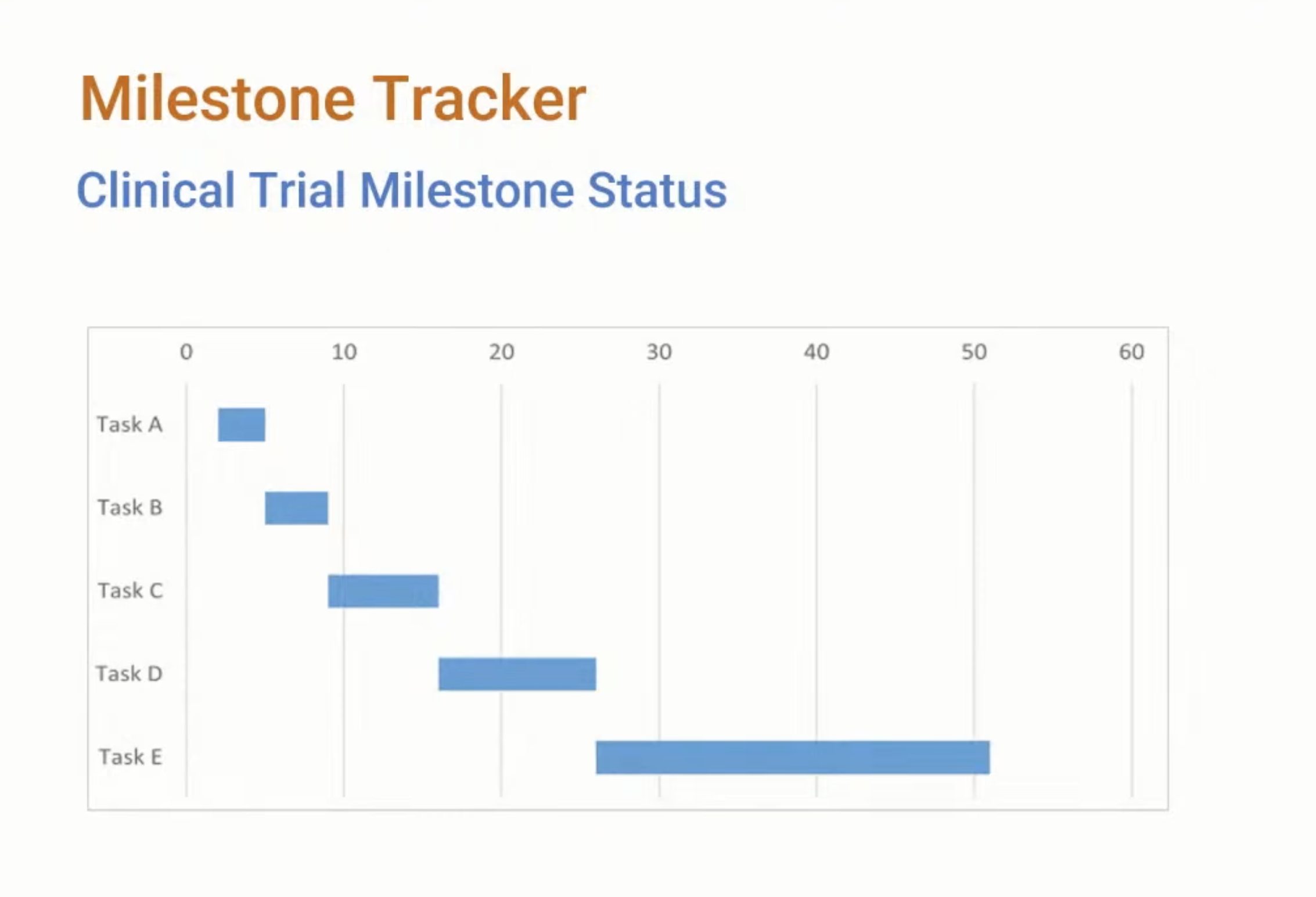
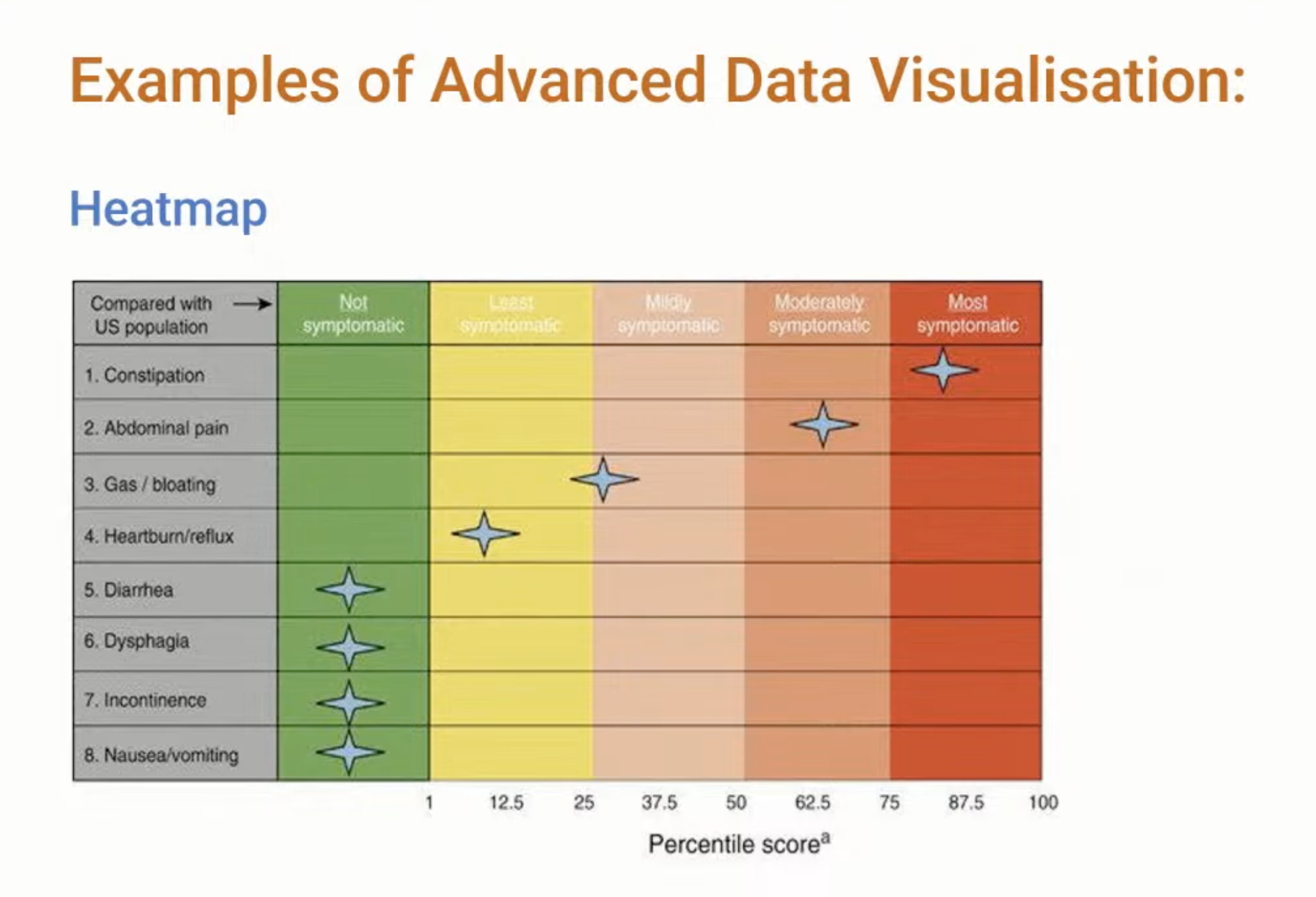
How Tech And Innovation Can Disrupt The Healthcare Sector
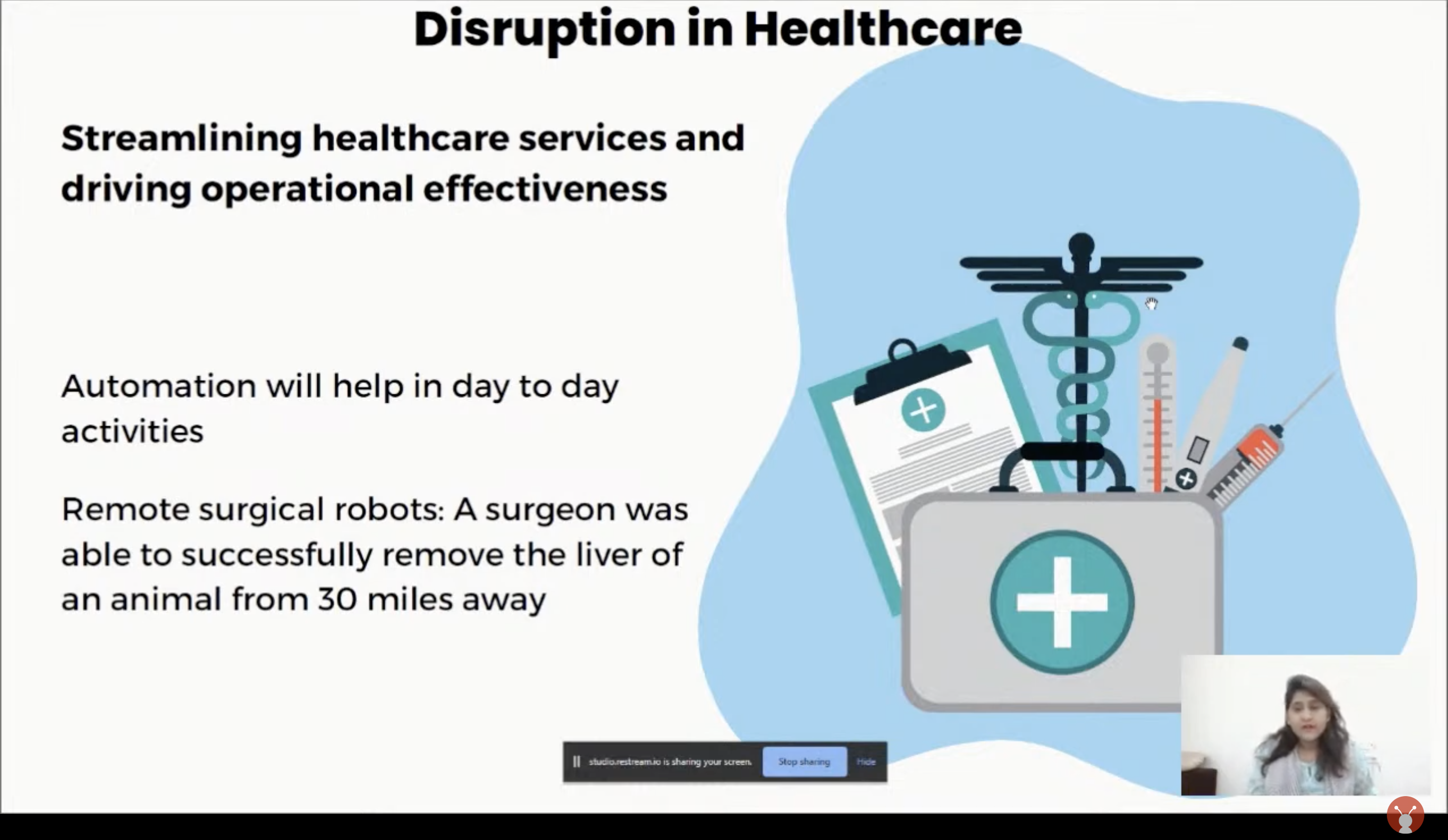
Speaker: Dr. Aleena Khatib, Dental Surgeon, Dagdiya’s Laser Dental Clinic
The healthcare industry includes a wide range of sectors, from research to production to healthcare facility administration.
Hospitals, clinics, laboratories, mental institutions, and nursing homes are examples of healthcare facilities.
In the precovid era, digitized healthcare commodities were at a concerning low of 15%, and healthcare professionals were resistant to the digital transition. Despite being a disaster, Covid proved to be a watershed event for digital healthcare.
The use of analytics and data modelling to designing mobile applications to monitor confined patients opened the way to digital solutions in the healthcare industry.
“It is not the strongest of the species that survive, not the most intelligent, but the one most responsive to change.”
If there is one thing covid has taught the globe, it is to embrace change and adjust to the new "style of life."
The upheaval in healthcare has not been simple to adjust to, but it has offered several obvious benefits, such as:
- Advanced individualized treatment using big data, effective medications, and data-driven diagnostics.
- On-demand healthcare solutions in the form of mobile apps.
- Artificial intelligence robots and surgical procedure automation
Panel Discussion
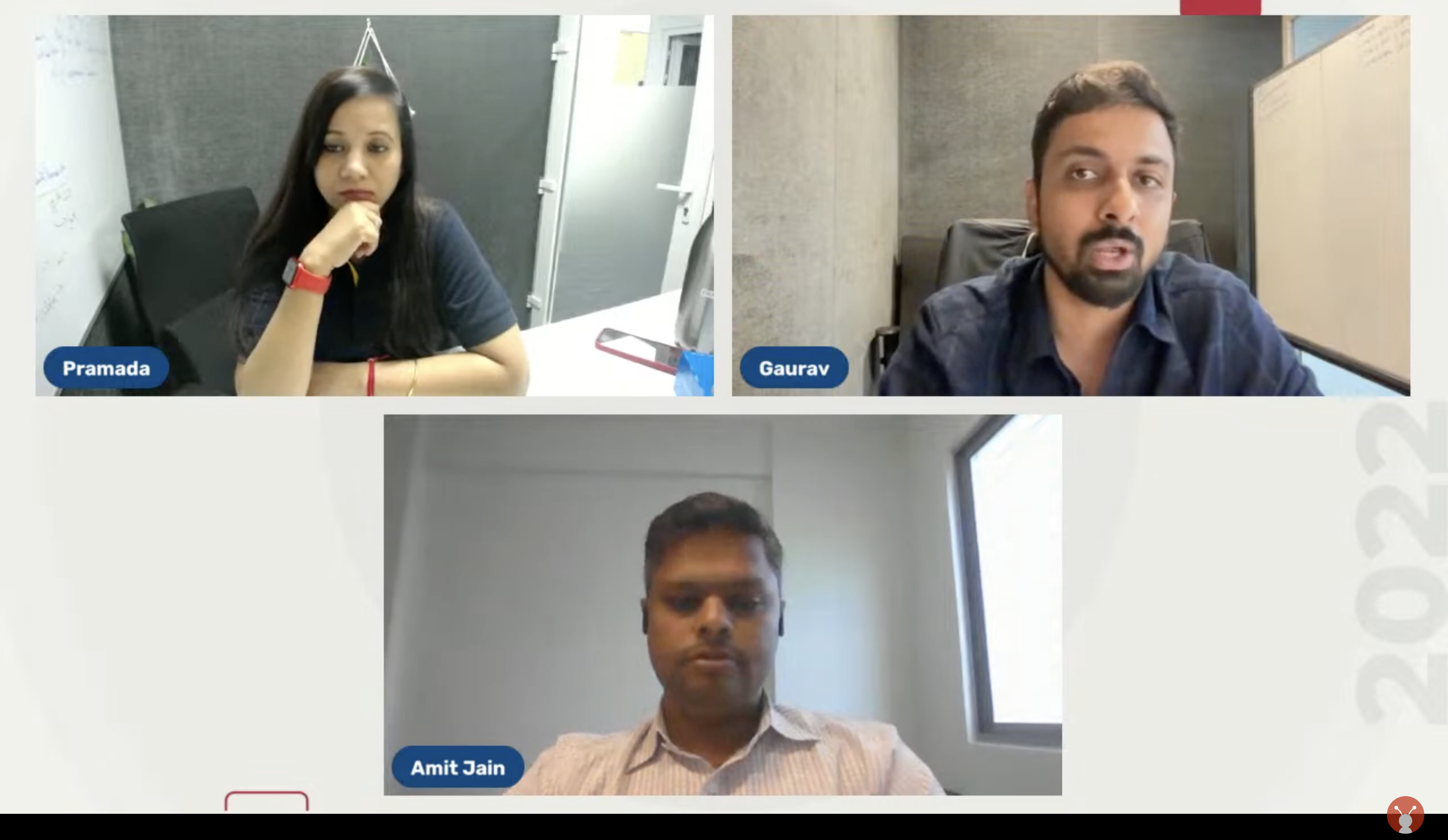
The meetup concluded with a panel discussion. It was focused on digital healthcare and its future. The panel consisted of Pramada Sahu, Amit Jain, and Gaurav Porwal.
Key takeaways:
- The digital healthcare environment is evolving. With online consultation and on-demand medical services readily available, particularly after the introduction of covid-19, even distant areas have begun to use telemedicine options.
- Geekcare, our customer-focused telemedicine app, makes it simple for patients and physicians to communicate. Added features such as appointment scheduling, prescription management, and video conferencing make it a terrific health service provider.
- The implementation of one nation, one health card will be difficult, as any new method, but will provide several benefits to customers, including the more transparent and efficient delivery of healthcare services.
- Dealing with data from such a large number of people will be difficult. The database and synchronization of data and services will be difficult, and scaling it gradually will not be the easiest task.
- On a broad scale, regular security audit checks and HIPAA compliance should be implemented. For a transparent transaction, necessary education on data and security leakage should be made available.
Wrap Up!
Related Articles
Dive deep into our research and insights. In our articles and blogs, we explore topics on design, how it relates to development, and impact of various trends to businesses.





